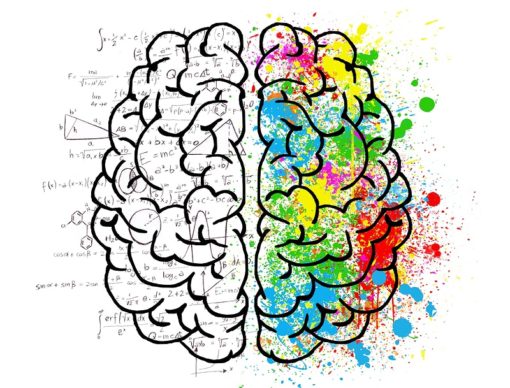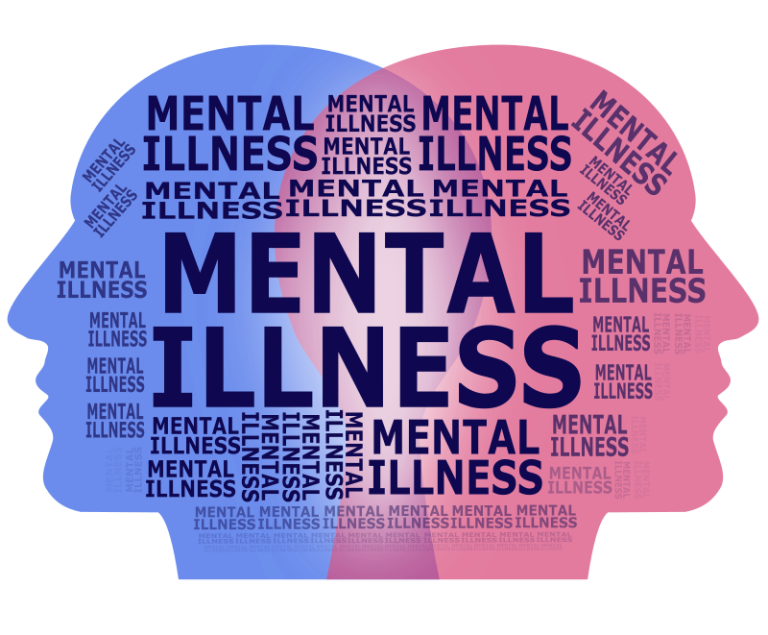What Attachment and Control Reveal About BPD
There’s a question many carers ask themselves quietly, often in moments of exhaustion or heartbreak: Why can’t my loved one take control of their life? Why do they seem stuck in cycles of emotional chaos, broken relationships, or risky decisions, even when they know the consequences? A recent study may offer part of the answer—and it starts with something called personal agency.
Personal agency is the belief that you have control over your life, that your actions can make a difference. It’s what gives people a sense of autonomy, the feeling that they can set goals and reach them. But for people living with Borderline Personality Disorder (BPD), this sense of agency is often painfully absent.
In a groundbreaking 2021 study published in Frontiers in Psychology, researchers Talia Hashworth, Samantha Reis, and Brin Grenyer explored how personal agency interacts with attachment styles in adults who meet criteria for BPD. The findings don’t just deepen our understanding of the disorder—they reveal a crucial part of why relationships in BPD are so fraught, and what carers can do to support recovery more effectively.
What the Study Looked At
The research team compared 96 people who met clinical thresholds for BPD with 96 individuals in a control group, matched by age and gender. All participants completed questionnaires measuring:
- Personal agency, using a “locus of control” scale (internal = high agency; external = low agency)
- Adult attachment style (secure, fearful, preoccupied, dismissive)
- Severity of BPD symptoms
What they found was striking.
People with BPD had significantly lower personal agency. They were more likely to believe that life events were outside their control—that outcomes happened to them, rather than being shaped by them. At the same time, they showed much higher rates of insecure attachment styles, particularly fearful and preoccupied attachment.
In contrast, the control group had higher personal agency and were more likely to have secure attachments—meaning they felt both worthy of love and able to trust others.
Why Personal Agency Matters in BPD
For carers, this research brings to light something profound. When someone has low personal agency, they may struggle to take responsibility not because they’re unwilling—but because they genuinely feel powerless. This isn’t laziness or manipulation. It’s a deep-rooted sense that their choices don’t matter, that even if they try, things will fall apart.
This mindset is especially dangerous when paired with BPD’s hallmark emotional sensitivity and relational fears. It can make people feel trapped, helpless, and overwhelmed. And in this state, even well-intentioned help from loved ones can feel like pressure or criticism.
The researchers also found that the relationship between personal agency and BPD symptoms was shaped—mediated—by attachment style. Insecure attachments, especially fearful and preoccupied styles, seemed to explain why low personal agency leads to more severe BPD traits.
The Attachment Lens
Attachment theory, first developed by John Bowlby, describes how early relationships shape how we view ourselves and others. In adulthood, those patterns show up as:
- Secure attachment: Feeling worthy of love and able to rely on others
- Preoccupied attachment: Feeling unworthy and desperate for approval
- Fearful attachment: Feeling unworthy and mistrustful, avoiding closeness due to fear of rejection
- Dismissive attachment: Feeling self-sufficient but mistrustful of others
This study found that people with BPD were much more likely to report fearful and preoccupied attachment. That means they often felt unlovable and uncertain about whether others would truly support them. This combination fuels a constant push-pull in relationships: craving connection, but fearing abandonment or rejection at every turn.
When someone feels this way and also believes they have little control over their life, it’s a recipe for deep distress. The study showed that attachment insecurity was the key bridge between low agency and BPD symptoms.
Implications for Carers
This research isn’t just theoretical. For carers, it provides a new framework for understanding what’s really going on beneath the surface. It shifts the focus from “Why won’t they take control?” to “What’s stopping them from believing they can?”
When your loved one seems stuck, avoids responsibility, or lashes out when you try to help, it may be rooted in two beliefs:
- “I can’t change things.” Their personal agency is low—they don’t believe their efforts will lead to better outcomes.
- “No one is safe.” Their attachment style makes relationships feel dangerous, even when support is offered with love.
In moments of crisis, these beliefs don’t just limit progress—they can escalate distress. If a person fears abandonment and feels powerless, even a calm boundary or well-meant suggestion can feel like rejection or control. That’s why carers often walk a tightrope between helping and triggering.
But this study also offers hope. If we can support people with BPD in rebuilding their sense of agency and help them experience secure, trusting relationships, we may help reduce symptoms and suffering over time.
What You Can Do
You can’t change your loved one’s attachment history or personal agency for them. But you can be part of the process that helps restore both.
Start by validating their feelings, especially when they doubt themselves or struggle to act. Help them name the patterns—without judgment. For example:
- Instead of “You’re overreacting again,” try: “It makes sense that you’re feeling overwhelmed. Do you want to think through this together?”
- Instead of “Why don’t you just call the doctor?” try: “I can see this feels too big. Would you like help deciding the first step?”
Small acts of collaboration—letting them choose, offering options, praising effort—can help rebuild a sense of agency. At the same time, your consistency and emotional availability can gently model secure attachment.
It’s also okay to need support yourself. Managing your own emotional reactions is essential to helping someone with BPD feel safe. BPD UK’s tools, including our AI-powered Coach and peer-led groups, can guide you in these conversations and help you find the right balance.
Therapy Implications
For professionals, this study reinforces the importance of therapeutic approaches that strengthen both autonomy and attachment security. Treatments like Mentalization-Based Therapy (MBT) and Dialectical Behaviour Therapy (DBT) already emphasise agency-building and relational safety.
But this research highlights that these components are not just helpful—they may be foundational. Therapists should actively involve clients in setting goals, making decisions, and reflecting on their sense of control. At the same time, the therapeutic relationship should serve as a corrective attachment experience: reliable, attuned, and respectful of boundaries.
For carers, knowing that these therapeutic goals mirror your own efforts can be reassuring. You’re not working at cross-purposes—you’re part of the same healing arc.
A Final Word
The most powerful message in this study is one of compassion. People with BPD aren’t just emotionally reactive. They are often carrying deep relational wounds and a belief that their actions don’t matter. When those two forces collide, symptoms escalate—not out of choice, but out of fear and despair.
As carers, your love alone can’t fix this. But understanding these dynamics, and responding with calm presence and practical tools, can make a real difference. You can help someone rebuild their sense of control—not by pushing them to change, but by showing them, over time, that they can.
To read the full study, visit:
https://doi.org/10.3389/fpsyg.2021.669512
💬 Caring for someone with BPD?
👉 Book a FREE One2One support session
🧠 Join our FREE webinars and peer groups
📩 To book email us at: info.bpduk@gmail.com
Discover more from BPD UK
Subscribe to get the latest posts sent to your email.




